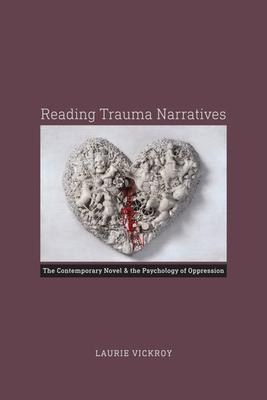As part of the contemporary reassessment of trauma that goes beyond Freudian psychoanalysis, Laurie Vickroy theorizes trauma in the context of psychological, literary, and cultural criticism. Focusing on novels by Margaret Atwood, William Faulkner, Toni Morrison, Jeanette Winterson, and Chuck Palahniuk, she shows how these writers try to enlarge our understanding of the relationship between individual traumas and the social forces of injustice, oppression, and objectification. Further, she argues, their work provides striking examples of how the devastating effects of trauma--whether sexual, socioeconomic, or racial--on individual personality can be depicted in narrative.
Vickroy offers a unique blend of interpretive frameworks. She draws on theories of trauma and narrative to analyze the ways in which her selected texts engage readers both cognitively and ethically--immersing them in, and yet providing perspective on, the flawed thinking and behavior of the traumatized and revealing how the psychology of fear can be a driving force for individuals as well as for society. Through this engagement, these writers enable readers to understand their own roles in systems of power and how they internalize the ideologies of those systems.
